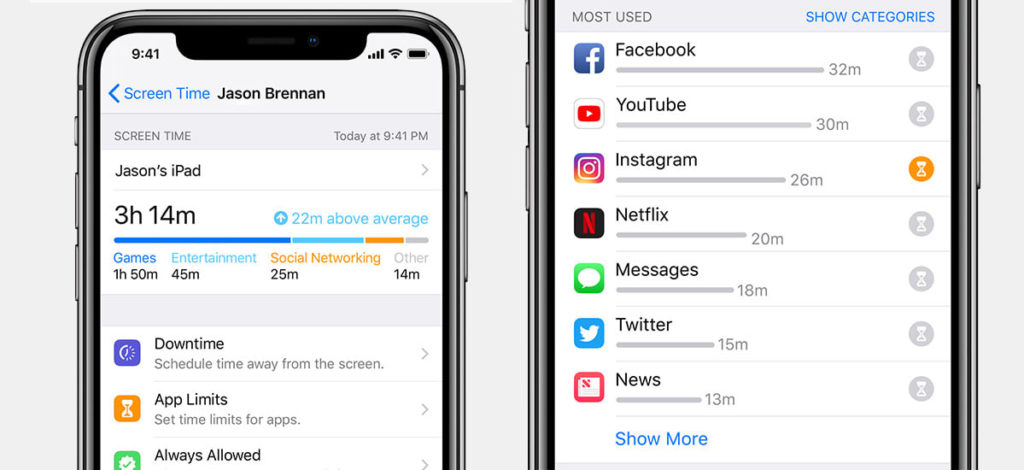Uplevel: Quantifying Productivity in a Distracted World

Uplevel, a Seattle-based people analytics and productivity startup, emerged from stealth mode in January 2020 and announced a $7.5M seed financing from Madrona Venture Group, Norwest Venture Partners, and Voyager Capital.
Setting the stage
Uplevel, a Seattle-based people analytics and productivity startup, emerged from stealth mode in January 2020 and announced a $7.5M seed financing from Madrona Venture Group, Norwest Venture Partners, and Voyager Capital (link to article).
The main problem that Uplevel aims to solve is that software engineers are often distracted and unable to focus on what matters to them and the company.
The novel solution that Uplevel has developed is in using data collected from the calendar, messaging apps, code repositories, and project management tools to provide a wholistic view of the software engineers’ productivity. Both the individual software engineer and the engineering team manager have access to the data.
The research
Cal Newport, an associate professor of computer science at Georgetown University, wrote an entire book about the value of “Deep Work”. By Newport’s definition, deep work refers to:
“Professional activity performed in a state of distraction-free concentration that push your cognitive capabilities to their limit. These efforts create new value, improve your skill, and are hard to replicate.”
In 2009, Sophie Leroy, an assistant professor at the UW Bothell School of Business, conducted a research study to show that “people need to stop thinking about one task in order to fully transition their attention and perform well on another”. This means that context switching makes it difficult for people to perform well in subsequent tasks if there is an unfinished task at hand (link to research).
According to Steven Rogelberg’s “The Surprising Science of Meetings” book (link to book), US employees attend an estimated 55M meetings each year. This means that the average worker attends 15 meetings per week. On top of that, 73% of meeting attendees admit to doing other work during meetings and 65% say that meetings prevent deep work. Clearly, most meetings are not productive and that ultimately harms the individual employee and the company.
My perspective
I am bullish on the company and the enterprise productivity space. I see a lot of use cases for both individual software engineers and team managers.
By using the rich, never-before-seen, people analytics data, both software engineers and team managers are able to get a better sense of how the team is performing. This data helps both sides come prepared with the same information (i.e., get on the same page) instead of only relying on anecdotal information.
If I were a software engineer, I would feel empowered with this new set of people analytics and productivity data. I can finally use the data to show that I am being pulled in multiple directions and that the endless multitasking is making me less productive.
I liken the Uplevel use case to my using the “screen time” function on my phone (example below). By understanding how I am spending my time, I am able to use that data to inform the behavior I want to change in order to be more productive.

On the other hand, if I were a team manager, I can use the data to help identify tailored recommendations to help my team members be more productive. That could be removing barriers like reducing the number of cross-team meetings, making code reviews more efficient, and providing longer stretches of uninterrupted time for engineers to write code.
At the end of the day, I believe that the actionable insights from Uplevel needs to be coupled with human judgement to be effective.
Where I see the company going
In the next 5 years, I see Uplevel continuing to plug into more data sets and expanding to other job functions. My hope is that the software will continue to help employees reclaim their precious time and focus on problems that matter to employees and the company.



I really like this point that you made: “If I were a software engineer, I would feel empowered with this new set of people analytics and productivity data. I can finally use the data to show that I am being pulled in multiple directions and that the endless multitasking is making me less productive.”
A lot of our discussions in class have focused on how managers can use the data gathered as part of people-analytics efforts. It’s also crucial, though, that we use people analytics to empower front-line workers to advocate for themselves, for two reasons. First, it is the right thing to do. Second, workers will be more likely to advocate for the use of people analytics, and less likely to oppose new efforts, if they see a direct benefit to themselves.
Perhaps we’ll see an Uplevel case at HBS someday!